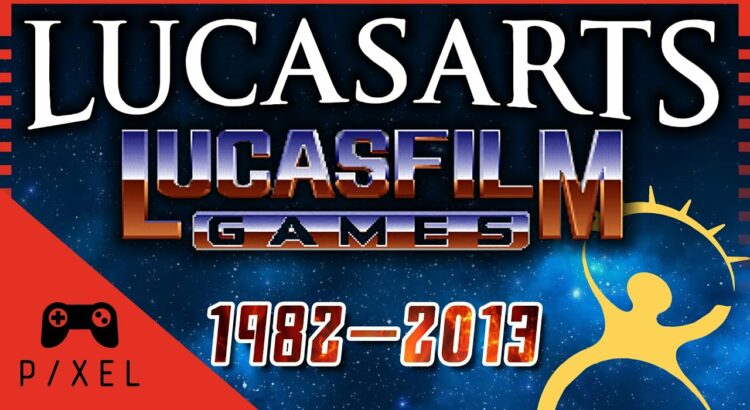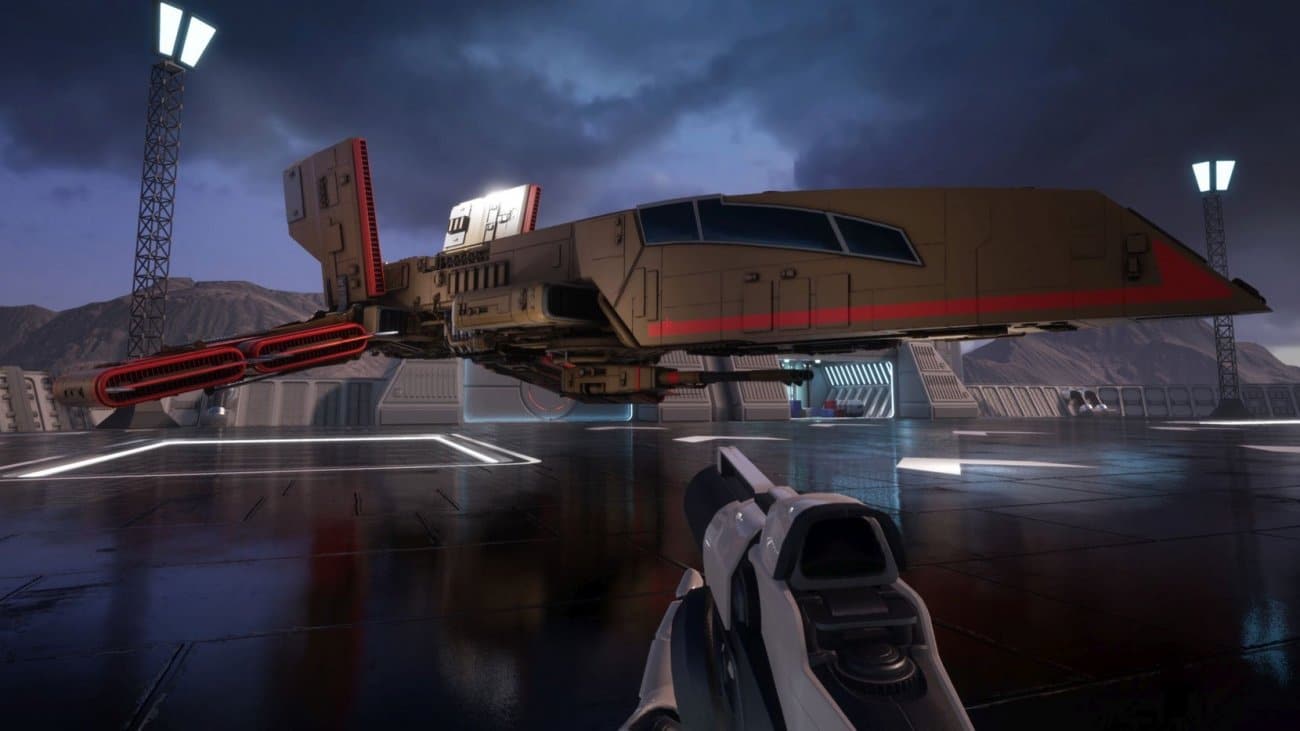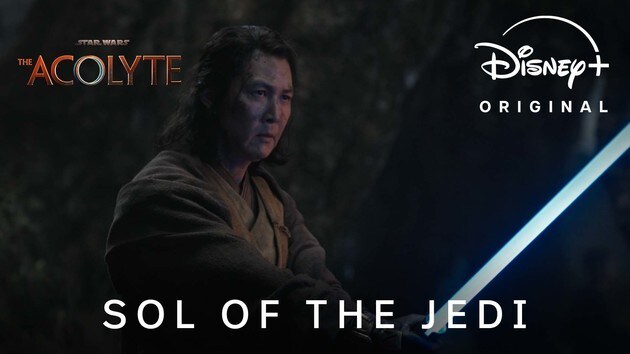On this day, eleven years ago, the gaming community faced a momentous and somewhat melancholy milestone: the shutdown of LucasArts, a beacon of creativity and innovation in video game history. Founded in 1982 by George Lucas himself, LucasArts not only pioneered genres but also enriched the gaming world with an array of unforgettable adventures, from the deserts of Tatooine to the supernatural mysteries of the Caribbean. As we commemorate this day, let’s embark on a journey through time, exploring the legacy of LucasArts, understanding the reasons behind its closure, and envisioning the eternal imprint it leaves on the gaming cosmos.
The Golden Era of LucasArts
LucasArts was not just another game developer; it was a storytelling pioneer, a creator of worlds where players didn’t just pass through levels but lived through stories. Classics like “The Secret of Monkey Island,” “Grim Fandango,” and “Star Wars: Knights of the Old Republic” were more than games; they were gateways to uncharted realms, brimming with humor, drama, and innovation. The studio was known for its risk-taking attitude, blending cutting-edge technology with compelling narratives that set new standards for interactive entertainment.
The Turning Tide: The Closure of LucasArts
Despite its storied past and influential contributions, LucasArts’ journey was not without its challenges. The early 2000s saw a shift in the gaming industry, with rising development costs and changing player preferences. LucasArts attempted to adapt, focusing more on its Star Wars titles, but faced criticism for a perceived over-reliance on the franchise and a decline in the originality that once defined its offerings.
The acquisition of Lucasfilm by Disney in 2012 was the final chapter in LucasArts’ story. In April 2013, Disney decided to shut down LucasArts as an active developer, transitioning instead to a licensing model. This decision was met with shock and disappointment by fans and industry insiders alike, who mourned the loss of a studio that had been synonymous with creativity and innovation.
LucasArts’ Legacy and Its Impact Today
Eleven years post-closure, the spirit of LucasArts lives on. The gaming industry continues to feel its influence, with many former employees going on to contribute to other major projects, embedding a piece of LucasArts’ DNA into new games. Titles like “Thimbleweed Park,” developed by LucasArts alumni, serve as spiritual successors, embodying the humor, creativity, and charm reminiscent of the studio’s golden age.
Moreover, the revival of classic LucasArts games by dedicated fans and companies, through remasters and re-releases, ensures that new generations of gamers can experience the magic. The studio’s pioneering work in narrative-driven and adventure games has also inspired countless developers, encouraging them to push the boundaries of storytelling and gameplay.
Looking Ahead: The Future of LucasArts’ Legacy
As we reflect on LucasArts’ legacy, it’s clear that its journey is far from over. The studio’s impact on the gaming industry, its contribution to the art of storytelling, and its role in shaping gamer expectations continue to resonate. The ongoing interest in LucasArts’ franchises, the thriving communities around its classic games, and the respect it commands in the industry are testaments to its enduring legacy.
In conclusion, LucasArts may have closed its doors eleven years ago, but its spirit remains alive and well in the hearts of gamers and developers worldwide. Its adventure may have ended, but the stories, the innovation, and the memories created during its tenure continue to inspire and entertain. LucasArts wasn’t just a game studio; it was a dream factory, a place where magic was real, and adventures were limitless. As we look forward, one thing is certain: the legacy of LucasArts will continue to influence the gaming world for generations to come.
Frequently Asked Questions
- What made LucasArts so special? LucasArts distinguished itself through innovative gameplay, rich storytelling, and an unmatched ability to create immersive experiences that resonated with players around the world.
- Why did Disney decide to shut down LucasArts? Disney’s decision was based on a strategic shift towards licensing its Star Wars and other game titles to external developers, rather than developing them in-house, aiming to minimize risks and capitalize on the expertise of established gaming studios.
- Can I still play LucasArts games today? Yes, many LucasArts games have been remastered and re-released on modern platforms, ensuring that both new and nostalgic players can enjoy these timeless classics.
As we commemorate the 11th anniversary of the closure of LucasArts, let’s remember the joy, the adventures, and the stories that have left an indelible mark on our gaming lives. Here’s to LucasArts, a true pioneer in the realm of interactive storytelling.






